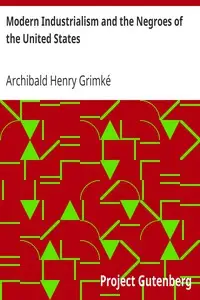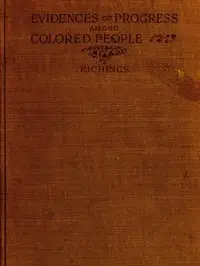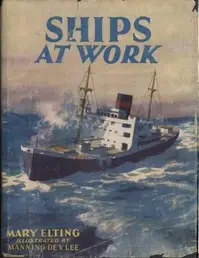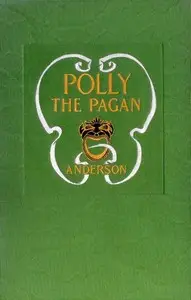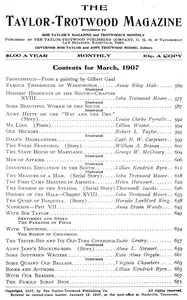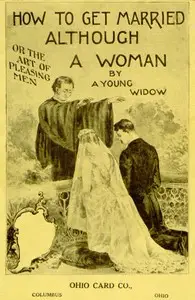"Papers of the American Negro Academy" is a collection of scholarly articles and papers written during the early 20th century. This compilation encompasses various topics relevant to the African American experience, touching on themes such as race relations, the historical status of free Negroes, and the contributions of African Americans to society. Through these essays, the book aims to provide a profound understanding of the complexities of race and identity in America. The opening of this collection presents a critical examination of the moral and social implications of race segregation and the historical context of African Americans. Archibald H. Grimké emphasizes that the consequences of slavery extend beyond the enslaved to the moral character of the enslavers, illustrating a cyclical relationship in which both races suffer from the injustices perpetuated by this system. His argument sets the stage for exploring the broader societal ramifications of racial inequality and the need for a shared moral code that recognizes the dignity and rights of all individuals, thereby proposing an urgent call for reform and equal treatment across racial lines. (This is an automatically generated summary.)
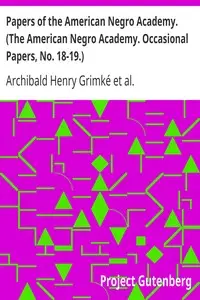
Papers of the American Negro Academy. (The American Negro Academy. Occasional Papers, No. 18-19.)
By Archibald Henry Grimké
"Papers of the American Negro Academy" is a collection of scholarly articles and papers written during the early 20th century. This compilation encomp...
Archibald Henry Grimké was an African-American lawyer, intellectual, journalist, diplomat and community leader in the 19th and early 20th centuries. He graduated from freedmen's schools, Lincoln University in Pennsylvania, and Harvard Law School, and served as American Consul to the Dominican Republic from 1894 to 1898. He was an activist for the rights of Black Americans, working in Boston and Washington, D.C. He was a national vice-president of the National Association for the Advancement of Colored People (NAACP), as well as president of its Washington, D.C. chapter.

